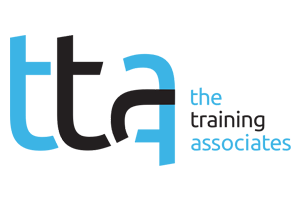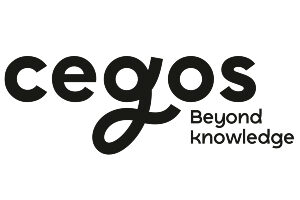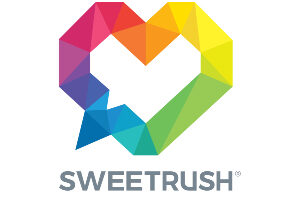Soft skills are surprisingly hard.
It is widely known that employers prize soft skills, particularly as artificial intelligence (AI) and other technologies gain traction across industries. A 2020 McKinsey article forecasts a clear and growing demand for soft skills through 2030. References to “soft skills” flood management and training literature as well. A Google search for “soft skills” returns 18.6 million results.
Here is the problem: To think about and refer to organization-critical skills such as presentation, negotiation, time management, leadership or collaboration as “soft” suggests that they are the opposite of “hard” — not solid, not strong, not difficult.
Why does it matter what we call these skills? Well, language matters. How we talk about our world impacts our experience of the world, and our experience of the world motivates how we talk about it. We live in language, or, as German philosopher Martin Heidegger put it, “Language is the house of being.” By calling communication and people skills “soft,” we devalue those skills. It is both a linguistic and a strategic mistake, and it is not supported by life experience or empirical evidence.
Consider the following list of the top 10 most popular skills being learned by current employees, according to 2020 research by LinkedIn, Coursera and the World Economic Forum:
-
- Writing
- Strategy
- Python programming
- Mindfulness
- Meditation
- Gratitude
- Kindness
- Listening
- Algorithms
- Grammar
Notice that eight of these skills are “soft skills.”
Now, consider a “hard” skill like finance. Imagine a company with five highly skilled finance whizzes, one of whom has difficulty writing in plain language and embracing unexpected change, another of whom lacks resilience or any noticeable degree of emotional intelligence, another … you get the picture. These “soft skills” are, in fact, the enablers and engines of all effective organizational activities. Is there an effective chief executive officer who lacks strong listening skills? Have you ever met a great leader with under-developed critical thinking and decision-making skills?
If these highly valued skills are not “soft,” what do we call them? I suggest that we refer to them as “core,” “foundational” or “fundamental” skills, because the quality of communication, critical thinking and leadership in any organization helps determine the performance outcomes of every other activity.
If you still are not convinced of the importance of core or foundational or fundamental skills, consider this Pew Research analysis of data from the U.S. Department of Labor’s Occupational Information Network (O*Net). The five most valued job skills are what Pew calls “fundamental skills”: active listening, speaking, critical thinking, reading comprehension and monitoring (“a social skill pertaining to the assessment of performance in order to make improvements.”)
If you believe that what are so often called “soft skills” are not at all soft, join me in banishing the term from your own communication. Language changes over time, but the time to kill the phrase “soft skills” is now.









